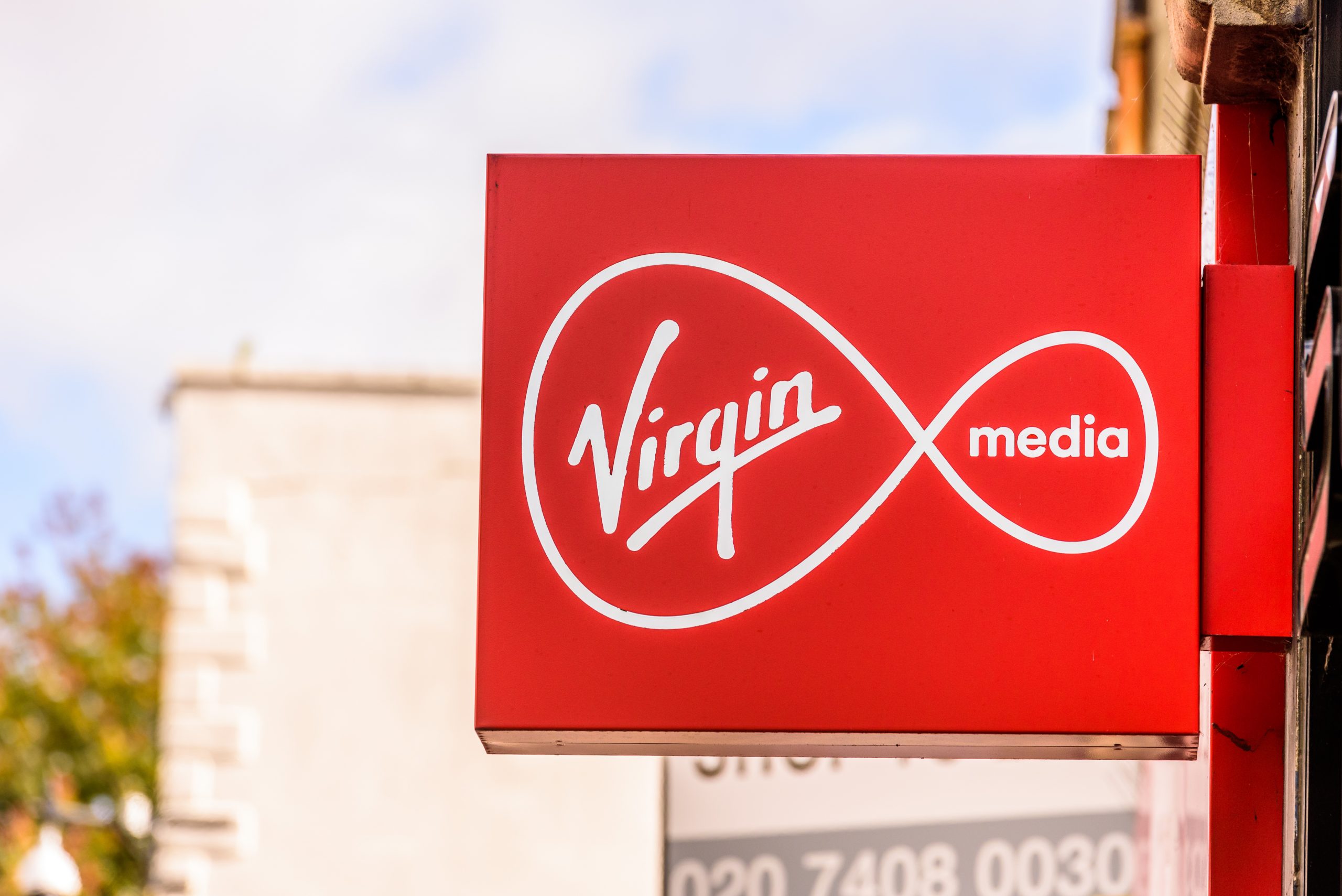Household Bills
Virgin Media customers will now see prices rise with inflation – how does this affect your bills?

Customers of Virgin Media will see the price of their contracts rise in line with the Retail Price Index (RPI) rate of inflation plus 3.9% from next year.
The telecoms giant confirmed it is changing the way it implements price hikes going forward and it will base future price hikes on the January level of inflation.
It’s impossible to say how much prices would go up by next year, but this year January’s RPI was 13.4%. Based on this amount, and with the extra 3.9% rise, customers would see a price hike of 17.3%.
Before this change, price hikes would be dependent on the package a customer was signed up to and how much they were paying.
The majority of broadband and mobile providers including BT, O2, Vodafone, and TalkTalk, now increase prices in line with inflation. These are written into customer contracts and therefore there is little someone can do if they don’t want to, or can’t afford, to pay the higher price.
These inflation-linked price hikes are controversial and many consumer groups have argued against them as they mean customers sign up to one price but this may rise during the contract term. These rises are also currently being investigated by the regulator Ofcom.
Existing contracts can be cancelled penalty free
Prices for Virgin Media customers will not change until next April, as this year’s price hike has already taken place. The company has written to customers and they have given them the opportunity to leave the contract they are in now if they want to, without facing a penalty. These will need to be cancelled by 31 October.
A Virgin Media spokesperson said: “The introduction of inflation-linked price changes, which comes into effect in 2024 when RPI is projected to be lower than it is today, will give customers clarity and certainty about what to expect from their bills while fuelling the investment required both now and in future.
“We have clearly communicated these changes directly to our customers.”